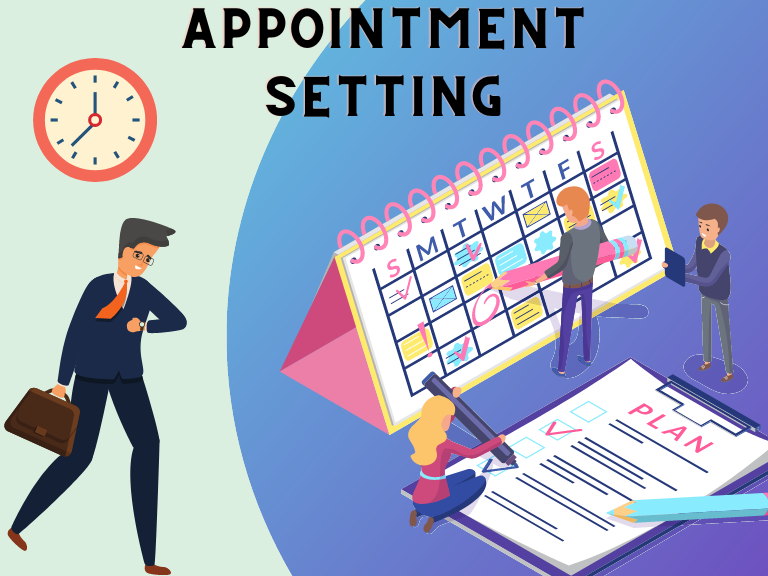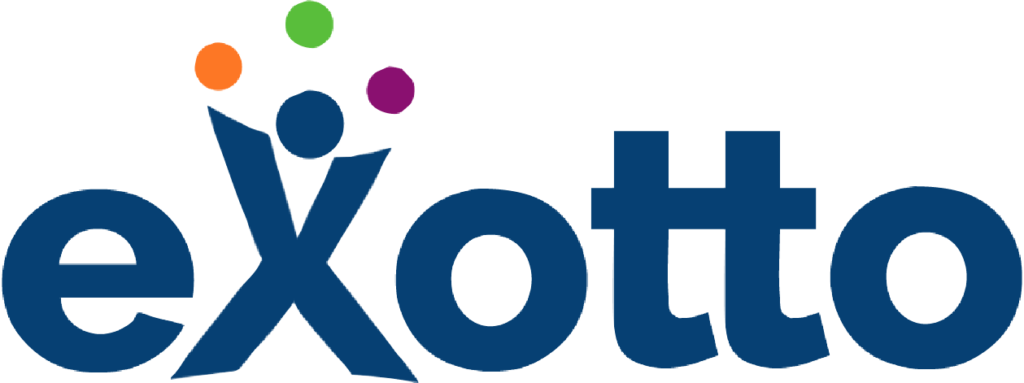In business-to-business (B2B) sales, setting up B2B appointments is crucial in building relationships, fostering collaborations, and driving revenue. However, effectively managing and securing B2B appointments can only be challenging with understanding the process. This blog will explore everything you should know about setting up B2B appointments, from initial outreach to successful scheduling.
Setting up B2B appointments can be critical to your sales and marketing strategy. You can establish meaningful connections and nurture relationships that lead to successful business deals by effectively reaching out to potential clients and scheduling appointments. The significance of setting up B2B appointments cannot be overstated. Here are several important reasons why B2B appointments are crucial for businesses:
1. Relationship Building
B2B appointments allow for establishing and fostering relationships with potential clients. Meeting face-to-face or virtually allows for deeper engagement, trust-building, and personalized communication. Strong relationships are the foundation for long-term partnerships and repeat business.
2. Needs Assessment
B2B appointments enable businesses to understand their potential clients’ specific needs, pain points, and challenges. By engaging in direct conversations, asking relevant questions, and actively listening, businesses can gather valuable insights and tailor their solutions to meet those needs effectively.
3. Value Proposition Demonstration
During B2B appointments, businesses can showcase their products or services and demonstrate their unique value proposition. They can provide real-time demonstrations, share success stories, and address any concerns or objections raised by prospects. This allows businesses to highlight their benefits, competitive advantages, and potential return on investment (ROI).
4. Trust and Credibility Building
Face-to-face interactions or virtual meetings allow businesses to establish trust and credibility with potential clients. Through effective communication, active listening, and a thorough understanding of the prospect’s business, businesses can position themselves as trusted advisors and industry experts. Trust is critical in B2B decision-making, and appointments are pivotal in building that trust.
5. Customized Solutions
B2B appointments allow businesses to gather detailed information about a prospect’s requirements. This information helps tailor solutions or proposals that align with the prospect’s unique needs. Customization enhances the perceived value of the offering, increases the likelihood of closing the deal, and differentiates the business from competitors.
6. Objection Handling
Prospects often raise objections or have reservations during sales. B2B appointments offer an opportunity to address these objections in real time and provide satisfactory answers. By understanding the concerns and effectively overcoming objections, businesses can alleviate doubts and reinforce the value of their offerings.
7. Collaboration
B2B appointments provide a platform for collaboration and brainstorming. During these meetings, businesses can explore potential partnerships, joint ventures, or other collaborative opportunities. The direct interaction facilitates idea-sharing, problem-solving, and mutually beneficial discussions that can lead to innovative solutions and expanded market reach.

Setting up B2B appointments is a critical aspect of the sales process. It allows businesses to build relationships, understand customer needs, demonstrate value, establish trust, customize solutions, overcome objections, and explore collaborative opportunities. By investing time and effort into appointment settings, businesses can increase their chances of success, drive revenue, and foster long-term growth.
Here are some key steps to consider when setting up B2B appointments:
1. Prospecting
The prospecting stage involves identifying and qualifying leads. Sales development professionals collaborate with the marketing and sales teams to determine where the prospects are in their decision-making process. It’s important to focus on leads that have expressed genuine interest in your product or service, ensuring that you invest your time and effort in pursuing the right opportunities.
2. Be Personable
When interacting with leads, building trust and establishing a personal connection is crucial. Appointment setters should aim to understand the needs and concerns of their leads to assess if they are a good fit for your organization. Instead of aggressive sales, engage in conversations and actively listen to your prospects to better understand their requirements.
3. Utilize Technology
Various tools and technologies are available to streamline the B2B appointment-setting process. Explore and leverage these resources to enhance efficiency and effectiveness. From CRM systems to email automation platforms, some solutions can help you track and manage leads, schedule appointments, and improve overall communication and follow-up.
4. Messaging Approval
Before launching your appointment-setting campaign, the client must gain approval regarding email templates or any other scripts used. This ensures that the messaging aligns with the client’s brand and objectives. Open communication and collaboration with the relevant teams will help create effective and tailored messages that resonate with your target audience.
5. Schedule Meetings
You’ll start receiving leads once the campaign is live. Your team should promptly engage with qualified prospects and book introductory calls or meetings on their calendars. Efficient scheduling and coordination ensure a smooth and productive appointment-setting process.
6. Review Results
Regularly reviewing and analyzing the results of your B2B appointment-setting efforts is essential for optimizing your strategy. Evaluate the success of your campaigns, track conversion rates, and identify areas for improvement. Make adjustments every week to fine-tune your approach and increase your chances of achieving your goals.
Conclusion
In conclusion, a B2B appointment setting requires a systematic and personalized approach to connect with potential clients and secure valuable meetings. You can enhance your appointment-setting process by understanding the prospecting stage, being personable, utilizing technology, obtaining messaging approval, scheduling meetings efficiently, and reviewing results. For expert assistance in B2B appointment setting, contact us at Exotto. Our team is equipped with the knowledge and tools to help you succeed in your sales endeavours.
Key Points
- B2B appointments are essential for relationship building, needs assessment, value proposition demonstration, and trust building.
- Key steps in B2B appointment setting include prospecting, personalization, technology utilization, messaging approval, scheduling meetings, and reviewing results.
- Effective B2B appointment setting requires understanding the prospecting stage, being personable, leveraging technology, obtaining messaging approval, efficient scheduling, and continuous improvement through result analysis.

